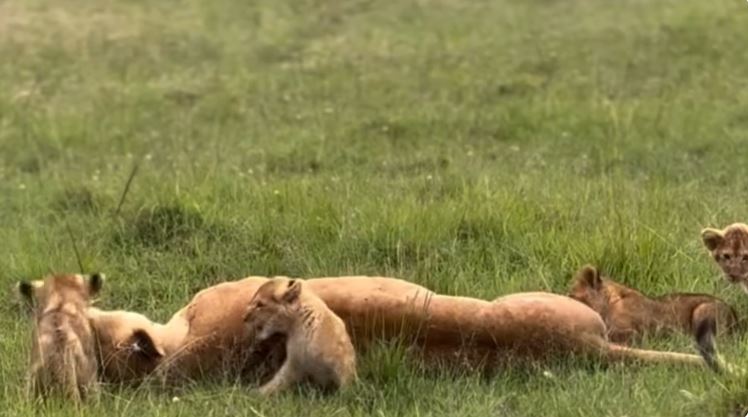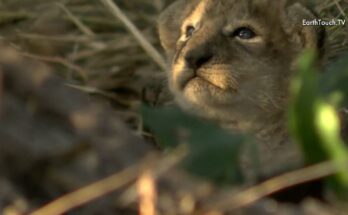
In the wild, lionesses are known for their strong maternal instincts and are typically very protective of their cubs. They care for their young with great attention—nursing them, grooming them, and shielding them from threats. However, aggressive behavior from a lioness toward her cubs is not unheard of and can occur for several natural reasons, often rooted in survival instincts.
One reason a lioness may act aggressively is if a cub is weak or sick. In harsh environments where only the fittest survive, a mother may instinctively reject a cub she senses will not make it. This can include ignoring, biting, or even killing the cub. It may seem cruel, but in the wild, resources are limited, and the lioness must prioritize the survival of the strongest.
Stress and aggression spillover is another factor. After intense encounters with other lions or predators, a lioness under pressure might redirect her frustration toward her cubs, displaying biting or swatting behaviors. While not ideal, such reactions are part of the complex emotional responses in animals.
Sometimes, what looks like aggression is actually discipline. A lioness may swat or pin down her cubs to teach them boundaries or proper social behavior. This rough handling helps young lions learn their place within the pride.
Competition within the pride also plays a role. While lionesses often cooperate in raising cubs, tensions can arise. Females may attack cubs that are not their own, especially in large prides where food and space are limited.
Although these behaviors may appear harsh, they are part of the natural dynamics of lion pride life—shaped by instinct, survival, and the demands of the wild.


